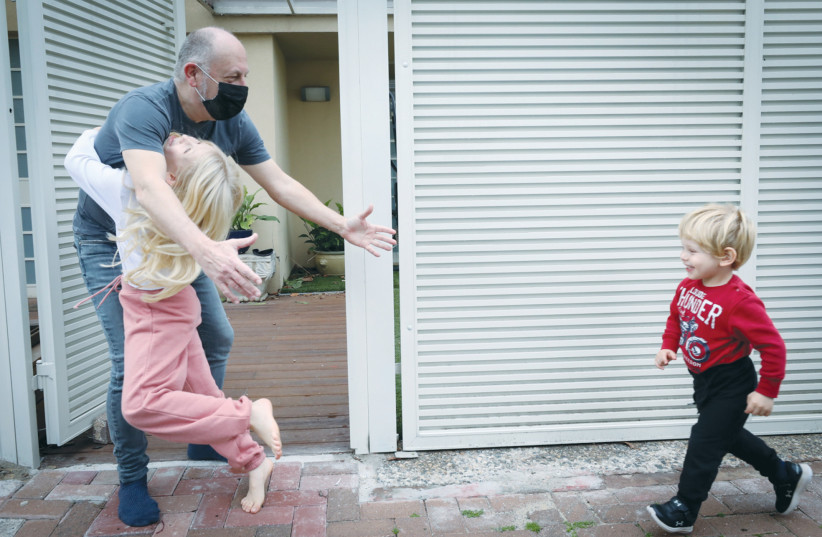Researchers from Australia’s Murdoch Children’s Research Institute (MCRI) found that the mental well-being, academic results and physical health of children has been indirectly impacted by pandemic-related restrictions and regulations.
The study’s findings, which were published in the peer-reviewed Medical Journal of Australia, outline several disruptions to normal life that have thrown a wrench in a child’s typical development. For example, the study cites virtual learning, social distancing, increased screen time, less time to play sports and reduced access to healthcare as some of the obstacles society's pandemic-related responses has placed on children – who according to data and various studies, are the least likely population cohort to suffer severe effects from COVID-19 infection.
“The public health measures have resulted in positive benefits for some, while others have been adversely and inequitably impacted,” said Murdoch Children’s Prof. Sharon Goldfeld.
Mental health, in particular, has deteriorated since the onset of the pandemic, with a third of Australian parents reporting that the pandemic had negatively affected the mental health of their child in a Royal Children’s Hospital poll from August 2020. Australia's Kids Helpline and pediatric emergency departments have experienced a rapid rise in incidents of mental health deterioration (4.6% monthly increase) and self-harm (5.7% monthly increase).
Further, lockdowns were reportedly large drivers of mental health symptoms, with a Children's Health Queensland 2020 study showing that Australia’s nearly four-month-long second lockdown in the summer of 2020 did far more damage to young people than was reported during Australia’s original lockdown in March-April 2020.

“It has been estimated that the achievement gap between advantaged and disadvantaged students grows at triple the rate during remote learning,” Goldfeld said. “Children with existing disabilities also report increased trouble with virtual learning. It will be difficult to predict how long it will take those with lost learning to catch up, but strategies to identify those left behind and targeted long-term interventions for those, especially in low socioeconomic school settings, will be critical.”
While changes to routines were a primary driver of the adverse effects on children since the pandemic began, the economic turmoil that was so prevalent at the pandemic’s onset put a tremendous amount of stress on families – stress that children bore as well. An August 2020 Royal Children’s Hospital study found that over a quarter of families have experienced a job loss or reduced family income – with some of the hardest-hit being families with young children and subsequent expenses.
“Job loss and reduced income is a known risk factor for harsh parenting and maltreatment,” Goldfeld declared.
The Murdoch Children's Research Institute (MCRI) is the largest child health research institute in Australia committed to making discoveries and developing treatments to improve child and adolescent health in Australia.
